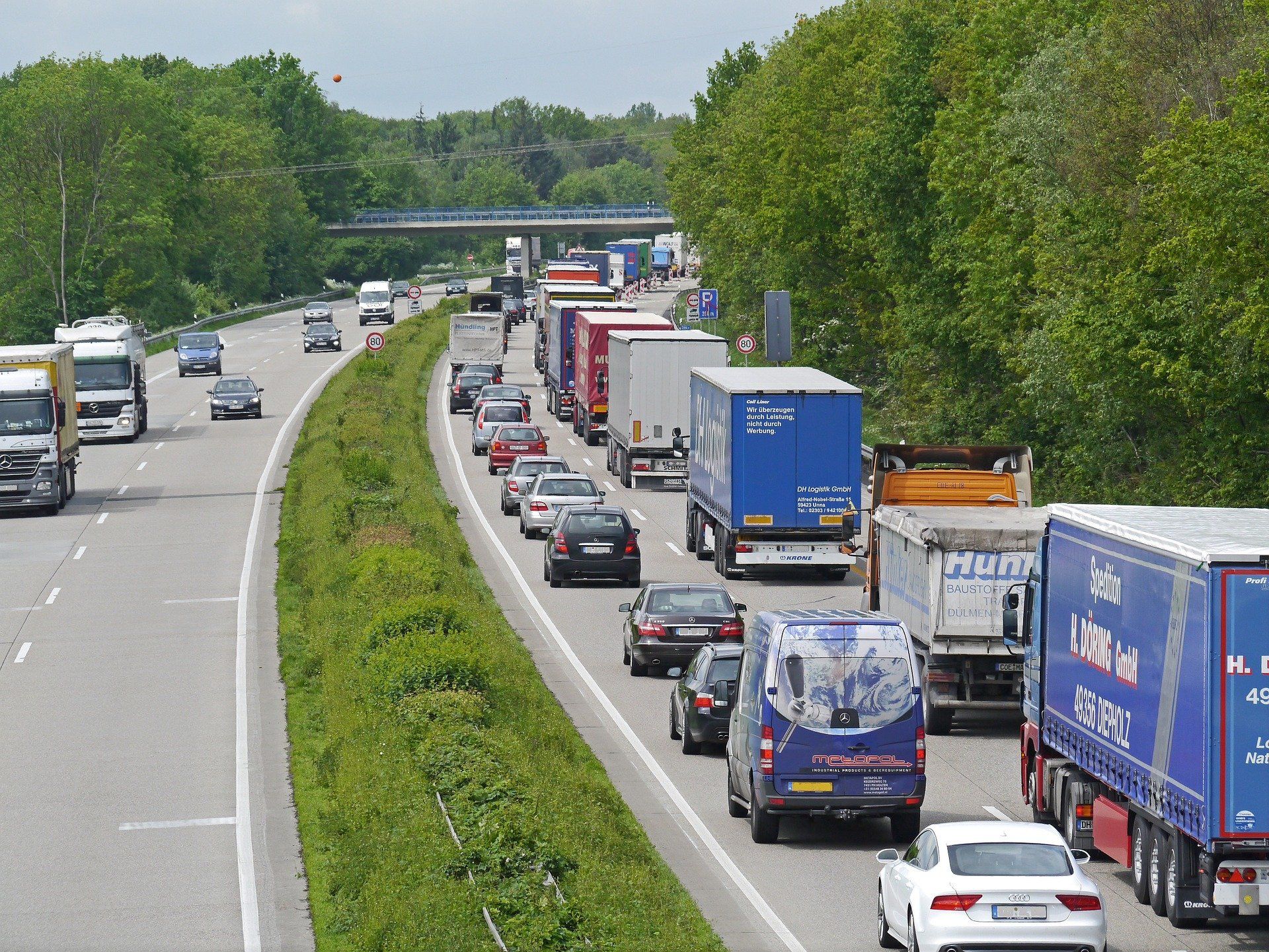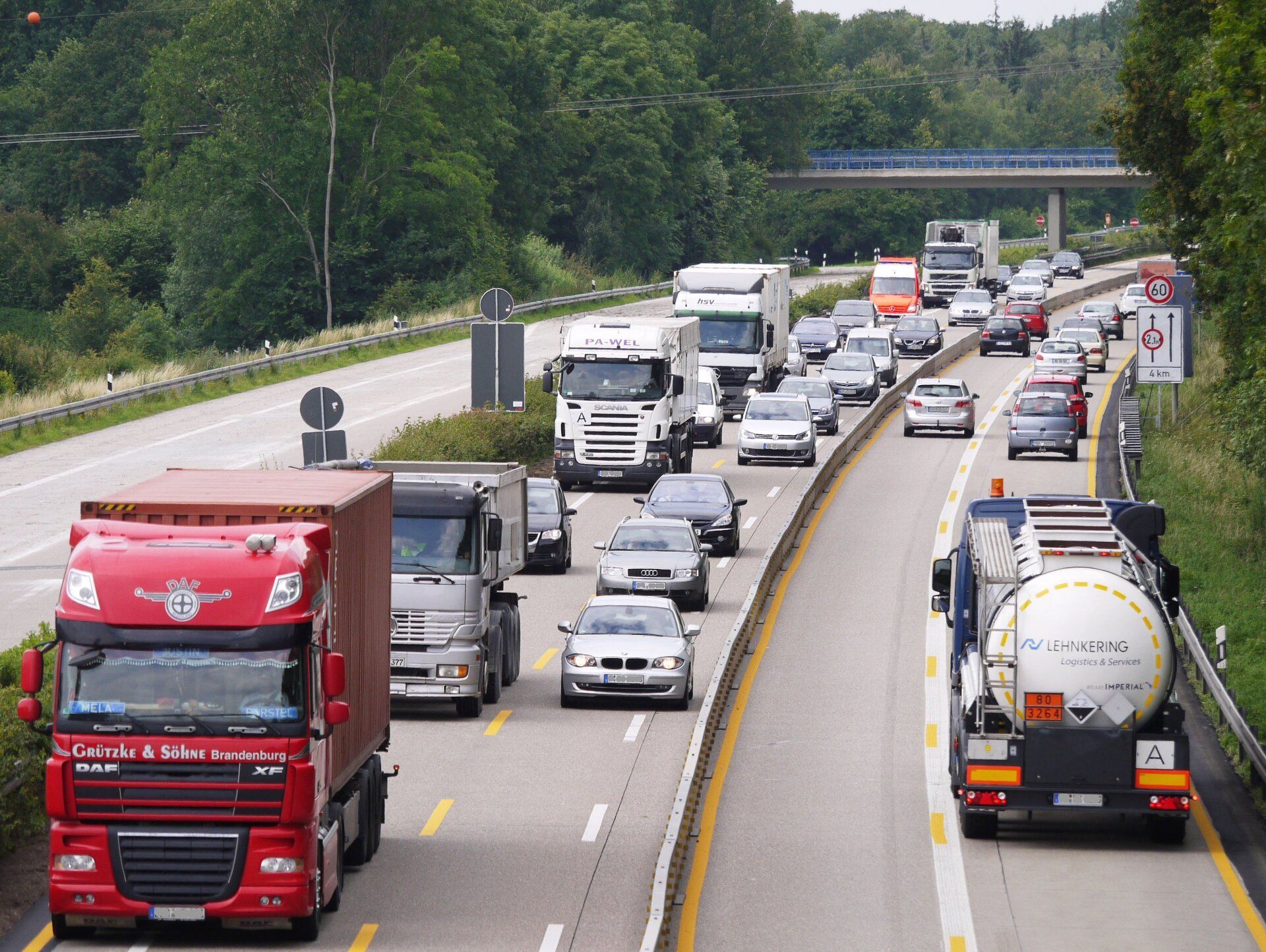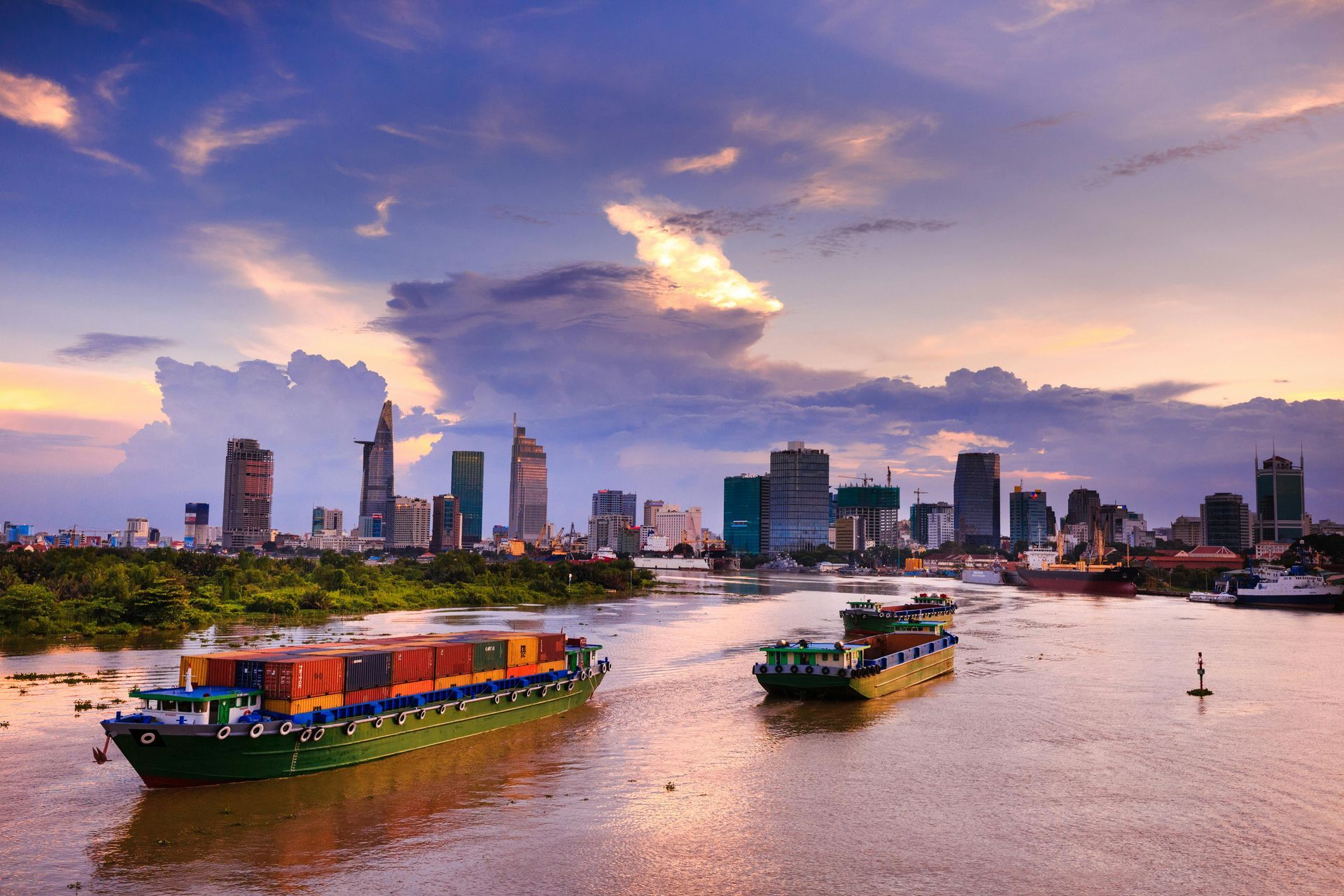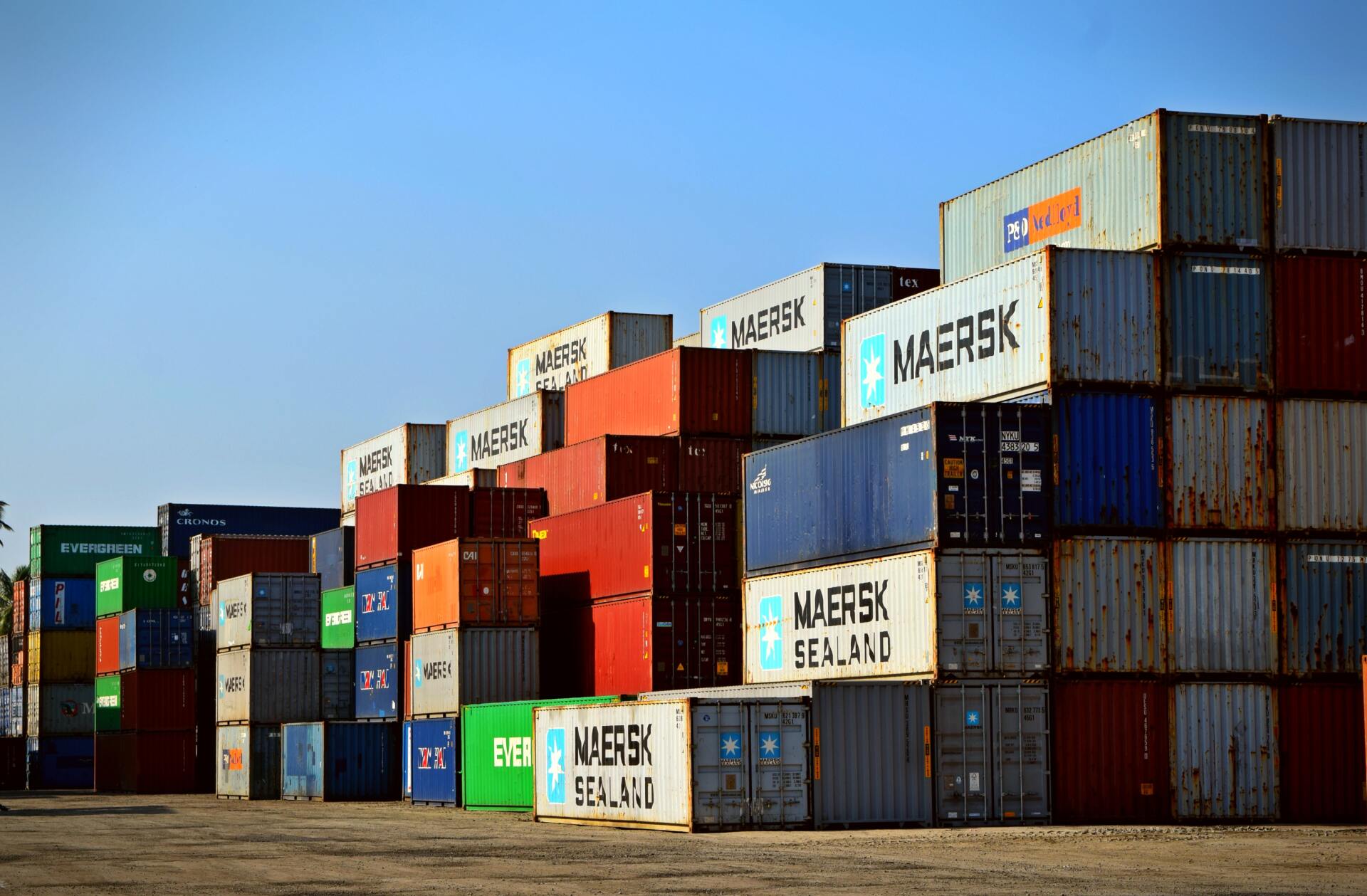CHANGES IN REQUIREMENTS AT THE BORDER OF GREAT BRITAIN
The Goods Vehicle Movement Service (GVMS)

Full customs control between the Great Britain and the EU are now in place, meaning customs declarations and any applicable tariffs must be paid at point / prior to entry into the UK. However, this will not affect the payment of import VAT if your business is VAT registered.
A disturbance level is expected as a result of the change. Failure to provide the correct documentation means that the goods cannot be cleared through customs and will not enter the UK market. There can also be disruptions caused by the system infrastructure in ports that previously did not deal with customs and border control.
HM Revenue & Customs has introduced new system called GVMS to resolve the issues.
From 1 January 2022, drivers who bring any goods into the UK via Dover, Eurotunnel or Holyhead are required to use the 'check to check' service before disembarking the ferry.
To use this service, drivers or the haulier manager must register with the Goods Vehicle Movement Service (GVMS) before boarding the ferry and make sure they have a Goods Movement Reference Number (GMR).
To register for GVMS and get a GMR go to gov.uk/using-goods-vehicle-movement-service. You would need to use the "Attend an Inland Border Facility" online service to tell HMRC which IBF you are coming to. When an inspection message is displayed, the driver must visit the IBF office as soon as he leaves the terminal.
Drivers can also use the app on the App Store or Google Play Store to check how busy each site is before traveling to avoid delays. For more details about this app go to www.gov.uk/going-to-an-inland-border-facility.
The GVMS allows you to link the multiple declaration references together in one GMR, so that the driver moving goods needs to provide only one reference number, GMR at the border.
All movements, including empty vehicles and containers, through the GVMS border location must have a valid GMR. Without it, the driver, vehicle, and goods will not be allowed to board. All drivers must ensure to have all the information and documents that will need to present when arriving at the IBF.
Traders will no longer be able to delay the submission of customs declarations. They will have to make a full customs declaration or simplified declaration, if authorized, before moving their goods if they use ports operating system or GVMS.
Some changes are also made to sanitary and phytosanitary (SPS) controls. All POAO and ABP shipments must be pre-notified on Imports of Products, Animals, Food and Feed System (IPAFFS). If you haven't already, you'll need to register with IPAFFS. You must pre-register your shipment on IPAFFS, at least four hours before arriving in the UK. This agreement will be valid until June 30, 2022.
The customs declaration submitted for goods must be in "arrived" status in order for HMRC to know that the goods have arrived in accordance with your customs declaration.
In the event that the status of your customs declaration is incorrect, you must notify HMRC by logging into CHIEF and CDS and sending a digital message to HMRC confirming the arrival of the goods in the UK. If the customs declaration has the correct status or if the goods have been imported under EIDR entry, this process does not need to be followed.
How can INTL Network Logistics support you?
We have a dedicated customs team, systems and infrastructure necessary to prevent delays at the port through the following measures:
- Pre-lodgement entry of goods within 24 hours of notice
- T1 discharge at our ETSF warehouse facility in Heathrow and Dover area.
Some tips for drivers who troubleshoot problems using GVMS:
- make sure you enter the correct Declaration Reference Type for your movement.
- * ERN – Entry Reference Number for imports arranged via CHIEF or MRN (Movement Reference Number) for imports via CDS
- * DUCR (Declaration Unique Consignment Reference) for export via CHIEF / CDS.
- do not use the trailer reference when entering the vehicle registration number in the GRM for an accompanied movement
For more information about services, offers and changes, please contact our team, who is ready to help and answer all your questions.
Share this story









